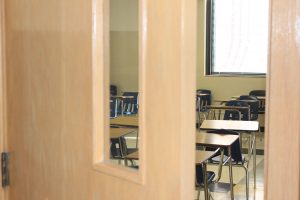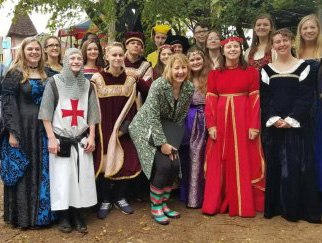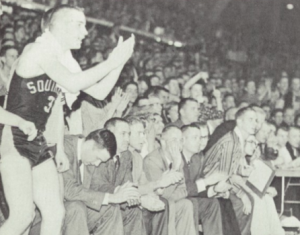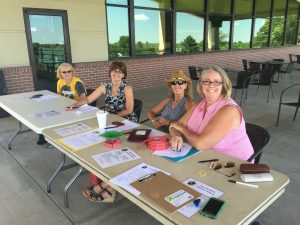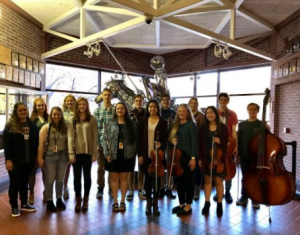Family and Consumer Science
Family and Consumer Sciences (FACS) Education empowers students to manage the challenges of living and working in a diverse global society. The work and family relationship is a unique focus of our discipline. The study of Family and Consumer Sciences helps the student develop an understanding of how individuals interact with others, cope with change and learn to manage his/her life in a meaningful way.
Family and Consumer Sciences High School courses prepare students for family life and careers in many disciplines including: Nutrition, Food Preparation, Parenting, Relationships, Early Childhood Education, K-12 Education, Family Economics, Human Development, Interior Design, and Fashion Design. Middle Level courses provide Basic Life Skill and Career Exploration.
The focus of the Family and Consumer Sciences program is the family, self, others, and related careers. Students have the opportunity to become knowledgeable about themselves and others so they can make responsible decisions, interact effectively, and prepare for occupations, as well as the work of the family. High school students may choose a wide variety of classes or focus on one of the following areas:
- Clothing, Textiles, and Interior Design
- Foods, Nutrition and Wellness
- Human and Child Development
All classes meet the Career and Technical Education graduation requirement, or may be taken for elective credit. Human Behavior and Families and Crises meet the Human Behavior graduation requirement.
Health Sciences
Lincoln Public Schools has developed a series of Health Sciences courses that combines classroom learning with hands-on clinical labs to let you experience the rigor and rewards of a career in Health Science. Learn the basic life skills of CPR and First Aid and be eligible for certification. Learn the fundamentals of medical terminology that will increase your vocabulary and give you a head start in future medical study. Practice and perform fundamental health care skills in an off-site community clinical lab setting that meets certification requirements.
Introduction to Health Sciences
Introduction to Health Occupations gives students exposure to different health career areas and develops fundamental skills used in the health sciences career cluster. This core course is designed to give an overview of the therapeutic, diagnostic, research and development, and support systems of the health care industry. This course also focuses on careers in biotechnology, which is the application of technology to biological processes for industrial, agricultural, and medical purposes, including genetic engineering. This introductory course provides exploration, discusses ethical and legal responsibilities, and builds foundational skills needed in these occupations. Instructional strategies may include lab projects, simulations, and cooperative ventures between school and community.
Medical Terminology
Medical Terminology will provide an introduction to medical terms used in multiple health occupations career pathways. Course instruction will provide a system for building a basic structure of medical terms. Pronouncing, spelling, defining terms and common medical abbreviations included. Recommended for students interested in any form of medical careers and for students in grades 11-12. This course will receive advanced credit at Southeast Community College which can also transfer to other postsecondary programs.
Fundamentals of Health Careers
The Certified Nursing Assistant (CNA) course is a dual-credit class taught by a registered nurse from SCC and enables students to earn their CNA credentials. Students will learn basic patient care needed to work as a CNA in health care facilities as well as private home placements. This course will be taught at SCC and will meet three days a week.
The Procedures in Phlebotomy course is a dual-credit class taught by an SCC instructor that will introduce students to the principles and skills needed to safely perform venipuncture and capillary blood collection. Quality assurance procedures pertaining to collection and transport of specimens, laboratory safety, ethical and legal issues pertaining to phlebotomy, and anatomy and physiology of the cardiovascular system will be taught. This course will be held one day a week at SCC.
Students will provide their own transportation. Students are strongly encouraged to register for both the Certified Nursing Assistant course and the Procedures in Phlebotomy course. An application form is required for either/both courses. Prerequisites for both courses include one or more of the following courses: Intro to Health Science, Medical Terminology, or Anatomy/Physiology. Enrollments will be limited.

